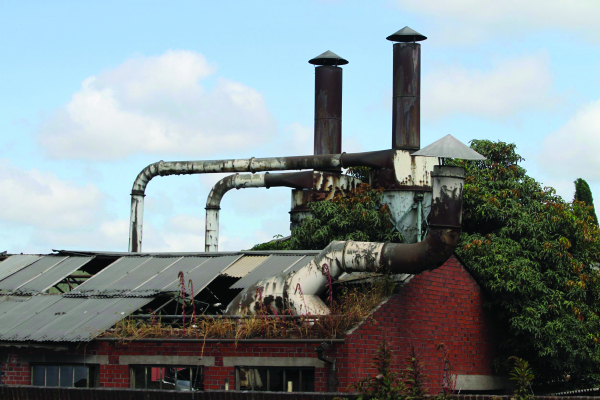
Zimbabwe will need more and better jobs, between 2017 and 2030, every year about 500 000 new entrants will enter the labour force in the country.
By KUDZAI GOREMUSANDU & PATSON CHAPEYAMA
The country needs to offer mass employment opportunities that are relatively accessible to its large population of unskilled workers.
Economic transformation will not be possible without industrialisation.
Industrialisation is necessary for Africa to transform its economies by reallocating resources from low productivity sectors to higher ones. Only industrialisation can bring about unconditional convergence with the more advanced economies.
Industrialisation is a catalyst for job creation, higher productivity and innovation. The continent’s regional market has demand constraints, but its growth provides opportunities for tradable manufactured goods, modern services and processed agricultural products.
In turn, more exports can open countries to technology spill-overs from abroad. Industrialisation can increase access to capital, technological innovation and learning (Lin and Monga, 2013).
Promoting industrialisation in Zimbabwe is essential to realise the goal of the African Union (AU)’s Agenda 2063 for “A Prosperous Africa Based on Inclusive Growth and Sustainable Development”.
- Chamisa under fire over US$120K donation
- Mavhunga puts DeMbare into Chibuku quarterfinals
- Pension funds bet on Cabora Bassa oilfields
- Councils defy govt fire tender directive
Keep Reading
Industrialisation features prominently in the AU’s First Ten-Year Implementation Plan (2014-2023) and earlier.
The UN General Assembly gave renewed support to the continent’s industrial aspirations. In July 2016, it adopted a resolution proclaiming Africa’s Third Industrial Development Decade, which will run until 2025 (UN General Assembly, 2016).
The resolution calls for renewed international co-operation as well as a clear mandate for the UN International Development Organisation to collaborate with the AU to achieve the objectives of the 2030 Agenda for Sustainable Development.
Strategies to promote industrialisation in Zimbabwe
Over the past years one of the strategies which was overlooked was the importance of comparative advantage to give the right incentives to entrepreneurs.
Trade protection led to an increase in the price of imports and import-substituting goods relative to world prices.
Markets became fragmented and competition from foreign firms decreased.
Overvalued exchange rates reduced the competitiveness of local entrepreneurs in domestic and export markets.
Manufacturing remains the central sector on which Zimbabwe’s industrialisation policies can be based on, however, high-growth opportunities also exist in other sectors.
For certain tradable services and farming activities such as horticulture and the agro-industry, production methods have become comparable to those of conventional manufacturing.
These activities produce higher quantities of goods at lower marginal costs. These goods can then be exported, increasing competition and productivity.
Investing all resources only in manufacturing may not always prove efficient, nor reflect the comparative advantages of all African countries.
Different pathways to industrialisation exist.
Experience shows that the share of manufacturing in GDP does not necessarily grow with higher income levels.
Other sectors can also significantly contribute to economic growth.
The potential of non-manufacturing sectors for industrialisation may become more and more important in the context of the Fourth Industrial Revolution, where robots tend to replace low-skilled workers in manufacturing activities.
Innovative industrialisation strategies could better target high-potential entrepreneurial activities to accelerate industrialisation.
Entrepreneurs play an essential role in bringing innovation to an economy, notably new technologies and production methods.
High-potential entrepreneurs also experiment with new products in local markets. They offer fresh ideas and exchange information with other local producers, potentially increasing competitiveness by shifting resources to higher-productivity activities.
Twenty-first century industrialisation strategies call for innovative approaches.
Zimbabwe must harness new opportunities and challenges, which other countries in the region did not have to face.
These include (i) the new industrial revolution enhancing automation in industrial production, (ii) the changing economic environment characterised by the slow-down in global growth and by the end of the commodity super-cycle.
Simply replicating industrialisation strategies that have worked since the 1970s in North-East Asia will not suffice.
Kudzai Goremusandu is a business consultant based in Harare. He can be contacted on [email protected]. Patson Chapeyama is a young business growth expert and can be reached on patchapeyama@gmail.











